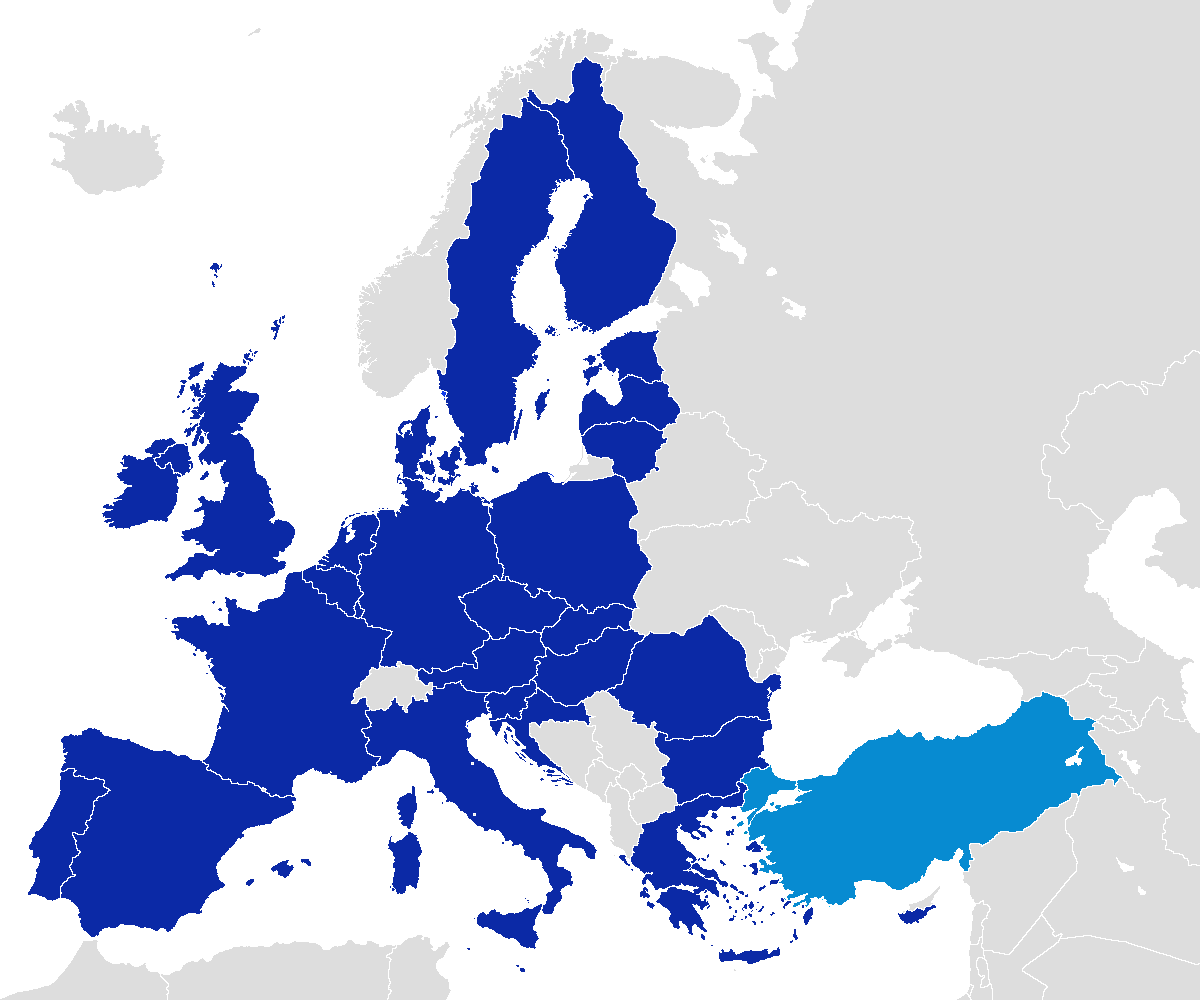EU: Turkey’s concerns over TTIP ‘legitimate’
World Bulletin | 24 Feb 2015
EU: Turkey’s concerns over TTIP ‘legitimate’
Turkey cannot be formal observer in free trade talks between EU and U.S., but Brussels keeps Ankara informed on almost every step, EU’s trade chief says
World Bulletin / News Desk
The EU’s trade chief, Cecilia Malmstrom, said Monday that Turkey has “legitimate” concerns over the ongoing EU-U.S. free trade talks and promised to keep Ankara informed on almost every step during the negotiations.
“Turkey cannot be a formal observer. But I am well aware of the legitimate concerns of Turkish businesses and Turkey. We are working very closely with Turkey,” Malmstrom told the Anadolu Agency during her visit to Berlin.
She expressed regret that Turkey, an EU candidate country which has a customs union with the EU since 1995, cannot participate in the ongoing trade talks, as it has not yet become a full member of the EU.
Malmstrom said that she had many meetings with Turkish ministers on this issue, and would continue consultations with the Turkish side.
“We are informing them before and after every negotiation round. We have full transparency towards them. So they are up to date about the negotiations," she said.
Turkey’s big concerns
The Transatlantic Trade and Investment Partnership, or TTIP, is a major trade agreement currently being negotiated between the EU and the U.S to create a new transatlantic marketplace.
Turkey is concerned about the agreement, as it has no say on the ongoing negotiations but has to abide by the terms and conditions of it, and open its market, due to its customs union with the EU.
Turkey stands to lose roughly $5 billion per year in direct losses alone according to the estimates of the Turkish government. Opening Turkish markets to the American goods may create an economic loss which amounts to 0.3 percent of Turkey’s GDP.
Can Turkey join later?
Turkish business associations are demanding from the EU and U.S. to acknowledge that the TTIP will be open to the participation of countries like Turkey, Norway and Switzerland, which are not members of the EU but have been well-integrated with the European economy.
“That could be possible. Other countries close to us could link in to the agreement. But first we need an agreement. So we will take a decision once the agreement is finished,” Malmstrom said on Monday.
Turkey applied for EU membership in 1987 and the EU and Turkey established the Customs Union in 1995 as it was seen as a keystone to a prospective EU membership, which began in 2005. But Turkey’s EU accession negotiations entered into a stalemate in 2007 due to the Cyprus problem and opposition of the German and French governments to Turkey’s full membership.
Modernizing the Customs Union
Malmstrom said that the EU and Turkey should start working on modernizing their customs union, in order to address the recent challenges and revive the membership process.
“The Customs Union is quite old-fashioned and very limited. So it would be beneficial for Turkey and for us, if that could be modernized and updated. And I hope that we can start negotiations on that soon,” she said.
Turkey is the 17th largest economy in the world and the 6th largest economy in Europe, according to World Bank statistics.
The EU is Turkey’s largest trade partner. In 2013, 41.5 percent of Turkey’s exports went to EU countries and 36.7 percent of imports came from EU countries. The EU also remains the largest source of foreign direct investment flows into Turkey. In 2013, 51.8 percent of FDI flows came from EU countries.
A new momentum for membership talks
Malmstrom expressed hope on Monday for a new momentum in Turkey’s troubled EU accession negotiations.
“I am personally a big friend of Turkey and I have always advocated for Turkey to join to EU. But we must be honest and say that the accession talks are not going very fast for the moment,” she said.
“I still hope that it would be possible to open a chapter or two during this mandate. And I think that deepening our trade relations, upgrading the Customs Union could be a way to deepen our relations,” Malmstrom stressed.
Ankara has to successfully conclude negotiations with the EU in 35 policy chapters, which involve reforms in various policy areas for its EU membership.
So far, 14 chapters have been opened, while 17 remain blocked and another four have yet to be discussed.






